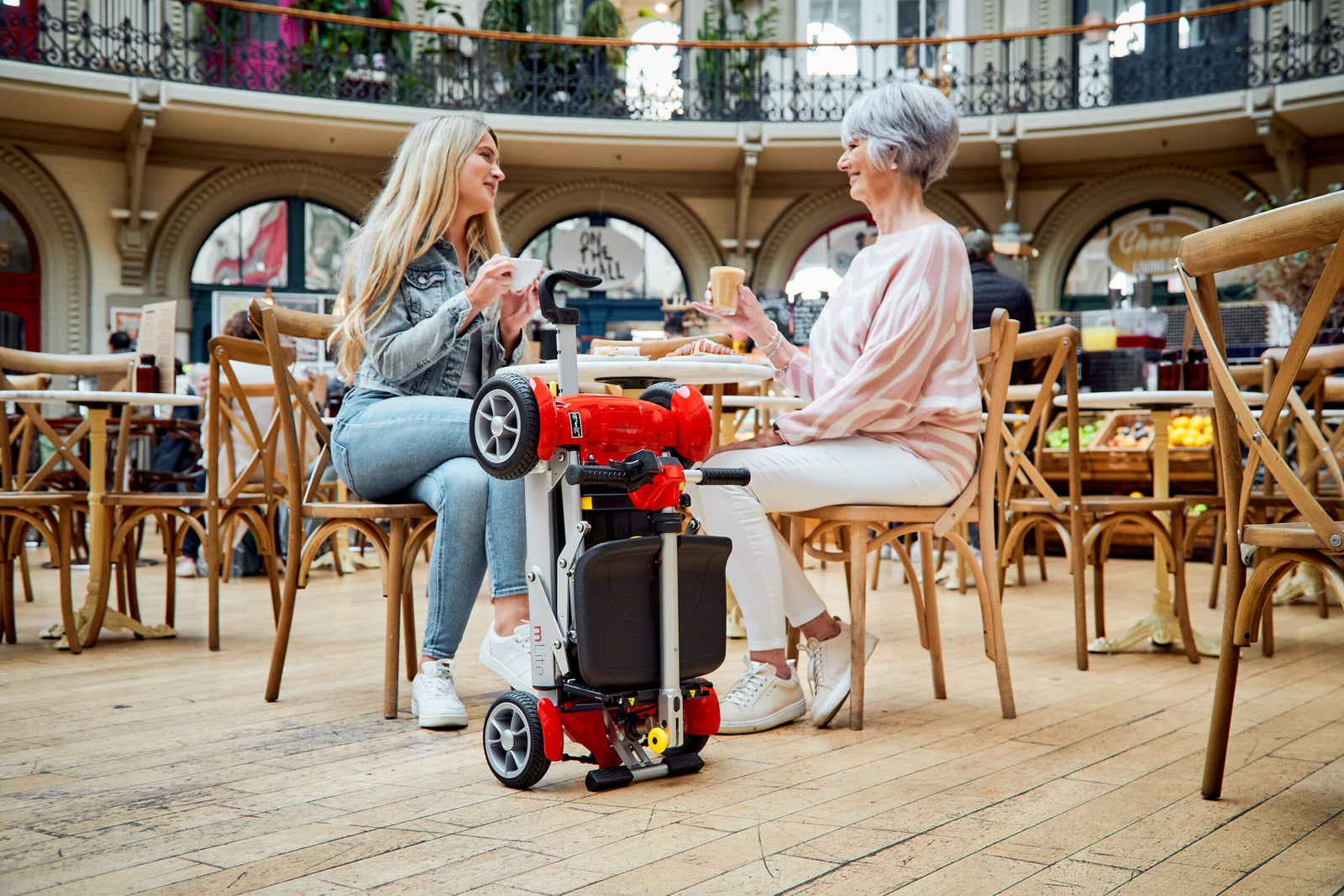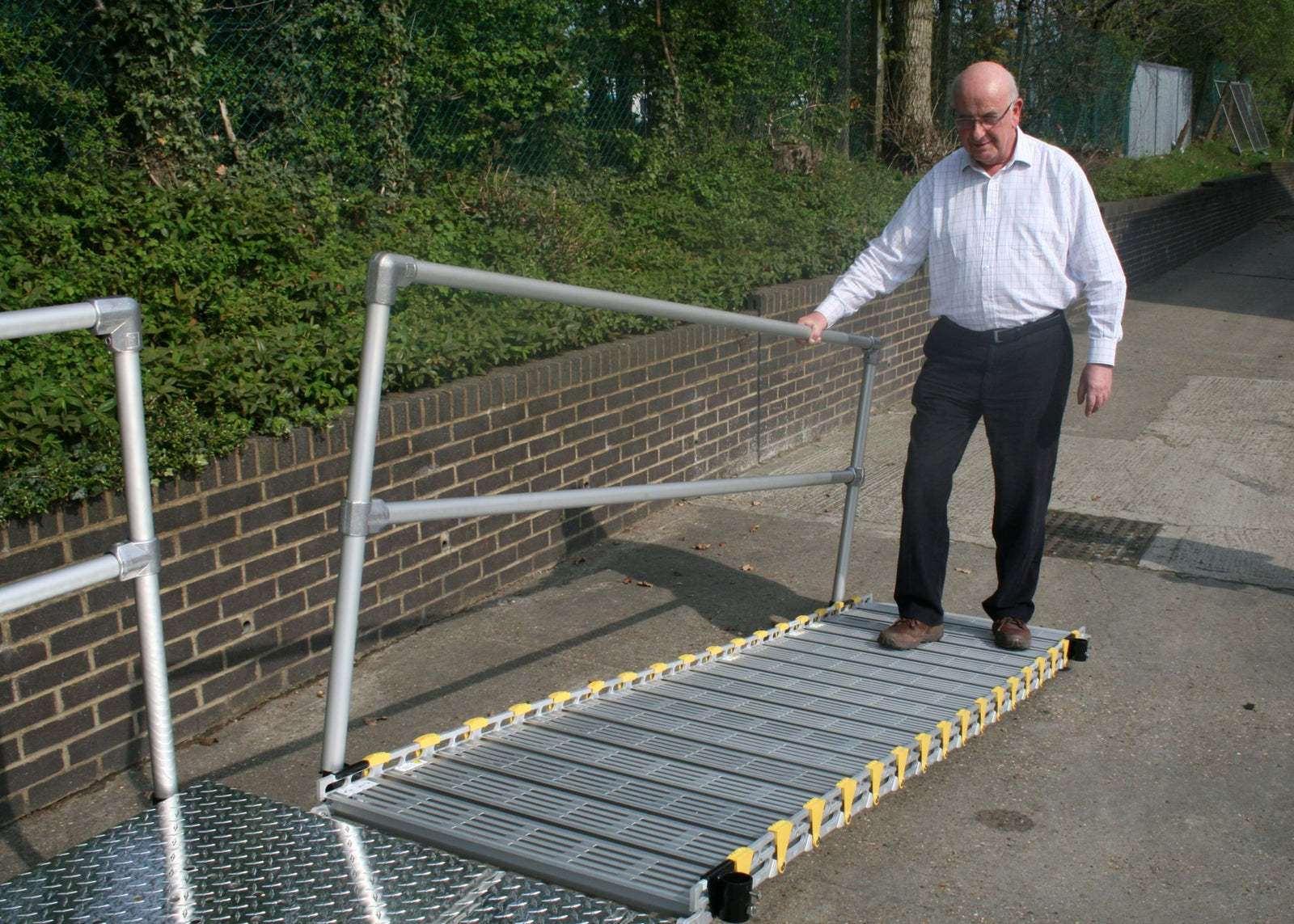Your Cart is Empty
Free shipping | Bulk Order Discounts | Best price guaranteed
Menu
-
- Home
- Shop By Category
- Moving + Handling
- Bathroom
-
Mobility Scooters
- Pavement Mobility Scooters
- Folding Mobility Scooters
- Lightweight Mobility Scooters
- 4mph Mobility Scooters
- 6-8mph Mobility Scooters
- Travel Mobility Scooters
- Lithium Mobility Scooters
- Car Boot Scooters
- Enclosed Mobility Scooters
- All Terrain Scooters
- 2 Person Scooters
- Mobility Scooter Storage
- Mobility Lifts and Hoists
- Mobility Scooter Canopies
- Seating
- Wheelchairs
- Rollators
- Beds + Mattresses
- Medical Equipment
- Powerchairs
- Health + Safety
- Help Centre
- Returns
- Price Guarantee
- Contact Us
-
- Speak With An Expert: 020 3576 3028
- Login

Free shipping | Bulk Order Discounts | Best price guaranteed
Add description, images, menus and links to your mega menu
A column with no settings can be used as a spacer
Link to your collections, sales and even external links
Add up to five columns
Add description, images, menus and links to your mega menu
A column with no settings can be used as a spacer
Link to your collections, sales and even external links
Add up to five columns

Can I Get a Grant for a Mobility Scooter? Funding Options Explained
October 24, 2024 4 min read
Navigating the world of mobility scooters can seem overwhelming, especially when considering the costs involved. Yes, you can get a grant for a mobility scooter in the UK. Several charities and organisations aim to provide financial support to individuals who require mobility aids but may struggle with the expense. These groups offer grants that can help offset the cost of acquiring a mobility scooter, ensuring greater freedom and independence for those in need.

When seeking a mobility scooter, it's essential to explore the various options for financial assistance available. Organisations like the Motability Scheme can assist in navigating the application process. They evaluate each case individually, ensuring that help is given where it's most required.
Key Takeaways
- Grants for mobility scooters are available in the UK.
- Various organisations provide financial support.
- Each application is considered on a case-by-case basis.
Understanding Mobility Scooter Grants

Grants for mobility scooters can provide essential financial support, making these aids more accessible. You can find various organisations offering help through grants, financial aid, and discounts.
Types of Grants and Financial Aid Available
There are different types of grants and financial assistance available to help you purchase a mobility scooter. Charities like the Motability Foundation offer specific programs covering costs like advance payments and adaptations. Additionally, discounts and subsidies may be available through programs like the Personal Independence Payment.
Eligibility Criteria for Grants
Eligibility for grants often depends on certain criteria, which can vary between organisations. Many grants are means-tested, ensuring that support is directed at those most in need. Age can be a factor too; for instance, some programmes only aid individuals aged 65 or over. Disability status is another common criterion. Organisations might also consider your income and existing financial assistance, like any disability benefits you receive.
How to Apply for a Grant
Applying for a grant typically involves several key steps. Start by identifying the organisations offering support for mobility scooters, such as BLESMA or the Hospital Saturday Fund. You may need to contact them via phone or email to inquire about specific regulations or complete an application form. Make sure you have required documents ready, such as proof of income or disability status, to improve your chances of success.
Assistance Beyond Grants

Image from Yelp
When looking for help with mobility scooters, there are options beyond traditional grants. You can explore various schemes, organisations, and local programmes that offer support. These options might provide financial aid, equipment, or other forms of assistance.
Access to Work Scheme and Employment Support
The Access to Work Scheme offers help if you have a disability and are in employment or about to start a job. This scheme can cover costs related to mobility aids and specialist equipment needed to perform your duties.
If public transport isn't suitable, the scheme may fund taxis or other travel solutions. To apply, consult with an occupational therapist who can assess your needs. The scheme is particularly beneficial if you need extra support at work or are transitioning back into employment after an injury or illness.
Charitable Organisations and Trusts
Charities like the BLESMA and the SSAFA support veterans and their families by providing financial aid for mobility equipment. The Family Fund assists families with disabled children in acquiring essential items, including mobility aids.
The Hospital Saturday Fund offers grants for specialised equipment. Meanwhile, the Steve Morgan Foundation provides funding for individuals with disabilities, enhancing access to assistive technology and mobility devices. Exploring these organisations' offerings can alleviate financial stress while ensuring you get the necessary support.
Local Councils and Community Programmes
Local councils often have community programmes that help residents with mobility needs. They may provide financial assistance or access to mobility aids through partnerships with NHS services. Contact your local council for information on available resources, as eligibility criteria can differ by region.
Community programmes might offer loans of equipment like mobility scooters, either short-term or ongoing. Engaging with local community support groups can lead to valuable connections and assistance, making daily life more manageable. Some programmes are specifically targeted at disabled children or the elderly, so it's worth checking what's available in your area.
Recommendations for Mobility Scooter
When choosing a mobility scooter, consider its weight, range, and speed.
1. Motion Healthcare Alumina Pro
For a lightweight option, the Motion Healthcare Alumina Pro Mobility Scooter is ideal. It has a lithium battery and can travel up to 30 miles at a modest speed of 4mph.

2. Drive Devilbiss Envoy 4
If a longer range is important, the Drive Devilbiss Envoy 4 might be suitable, with the ability to cover significant distances. It features robust design for stability.

3. Freerider Mayfair 6 HD
Consider the Freerider Mayfair 6 HD Mobility Scooter for carrying heavier loads. It offers increased carrying capacity and reliability for independent mobility.

4. Scooterpac Savvy 4
For urban usage, the Scooterpac Savvy 4 Mobility Scooter shines in affordability with a 4mph speed. It supports a 21-mile range, equipped with pneumatic tyres for comfort.

5. VanOs Excel Galaxy II Deluxe
For those needing a bit more speed and a smooth ride, the VanOs Excel Galaxy II Deluxe Mobility Scooter offers an impressive 8mph performance. This 4-wheel scooter ensures stability and comfort, making it a top choice for various users.

Frequently Asked Questions

When you're looking into grants for a mobility scooter, it's essential to understand the application process and potential costs. Each grant may have different terms, and you might need to plan accordingly.
Can I apply for multiple grants?
Yes, you can apply for multiple grants. Eligibility and acceptance will vary depending on the organisation's rules. It's often beneficial to explore different options to increase your chances of receiving funding.
How long does the grant application process take?
The time it takes can differ widely. Some grants may have a quick turnaround, while others might take weeks or even months. It's important to read the guidelines for each grant to understand their process and expected timeline.
Are there any costs associated with applying for grants?
Typically, applying for grants should not involve any fees. Always be cautious of any organisation that requests a payment. Reading the grant's terms and conditions will help ensure there are no unexpected costs.
Also in Blog

What Does Moving and Handling Training Involve? Key Components
January 06, 2025 4 min read
Read MoreSubscribe
Sign up to get the latest on sales, new releases and more …

